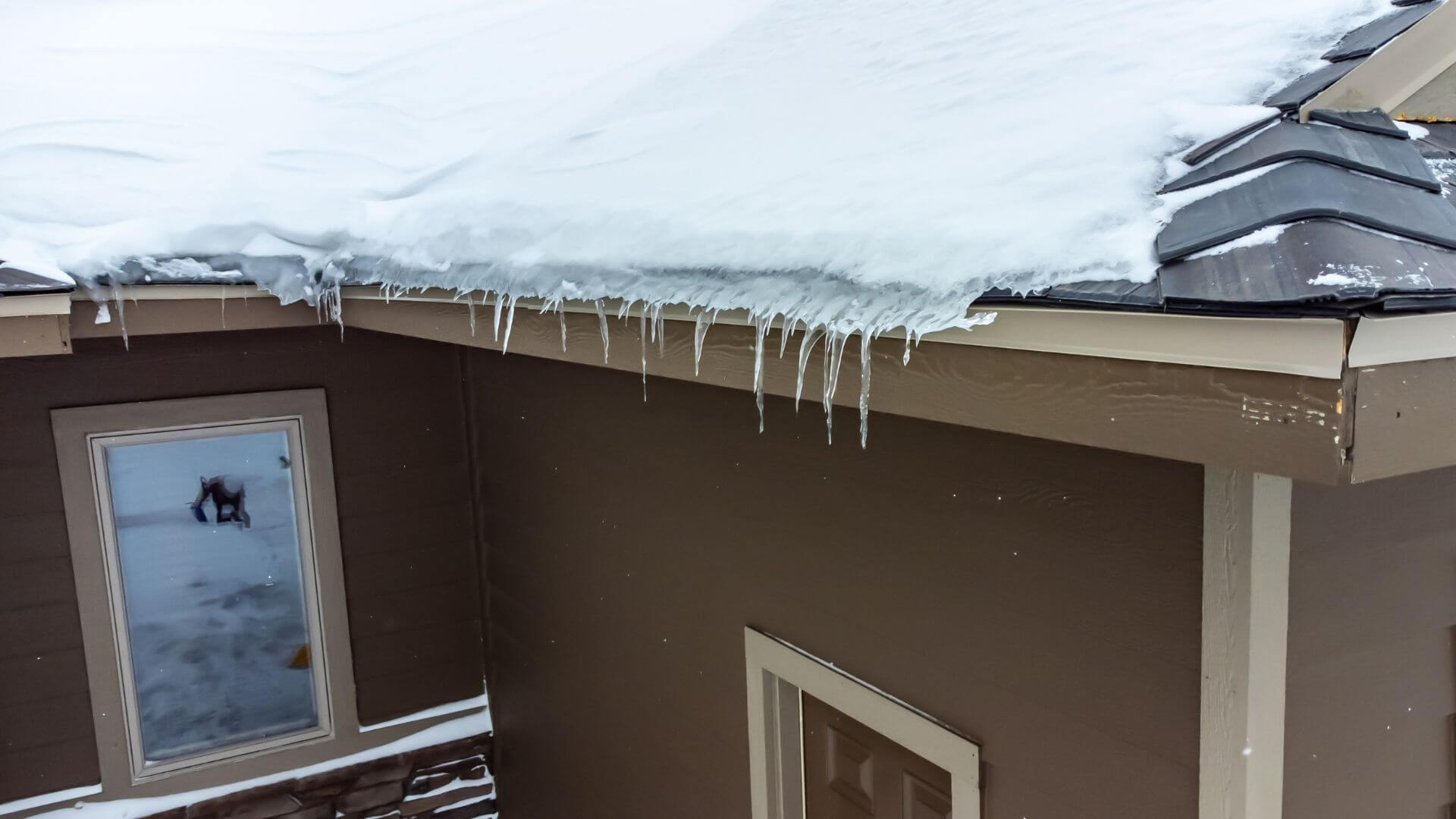Climate change is the biggest challenge to face our planet in the modern age, but how will it affect homeowners?
Climate change is the biggest challenge to face our planet in the modern age. Dramatic weather events spurred by climate change like flooding, wildfires and droughts are increasing in frequency and severity worldwide. So how are this affecting real estate and the housing market in Frederik, MD?
Changing Climate
As of July 2022, Frederick County home prices were up 2.8% compared to the same period this year. Despite this growth, it’s worth bearing in mind that climate change poses a longer-term risk to your investment. Your decisions can affect how well your property will perform in a climate-impacted market in years to come.
With global temperatures soaring around the world, it is no different here in Maryland. A report by the local government indicates that precipitation patterns and temperatures have been more variable than usual, with severe droughts in the summer and harsher conditions like strong winds and heavier rainfall throughout the winter. Adapting your property to these changes, such as regularly cleaning your gutters to prevent torrential rain from damaging your property’s foundations, is a worthwhile investment.
Climate change will likely result in higher insurance premiums and property values, especially if your property is in an ‘at-risk’ area. Surging seas, for example, could result in millions across the country losing their homes to sea level rise. If you own a waterfront property, demand will likely drop over the coming decades.
Volatile Property Damage
Severe and unpredictable weather patterns heighten the risk of property damage, which can seriously impact your home value. Property insurance and premiums are likely to reflect the risk of damage caused by extreme weather patterns spurred by climate change.
One study from 2019 indicated that Maryland has already lost over half a billion dollars in property value as the market growth has been halted by increased tidal flooding. While some may be able to migrate away from areas prone to volatile weather, others won’t be so lucky, and it is those people who will pay the price through higher taxes.
Doing what you can to make your home more resilient to climate change is a smart move for protecting your financial asset.
Climate-Resilient Homes: Protecting Your Asset
If your home is not yet climate-smart, there are many things you can do to protect your asset and grow its market value. An easy fix to secure your home from downpours is installing gutter protection and with increasingly severe winter weather protecting your guttering from ice is also important.
Depending on your available budget, you can implement small-scale changes like solar shading to protect your home from the sun’s heat or install energy-efficient cooling systems or intelligent lighting at the more expensive end.
Preparing not only for more extreme weather but also increased pest outbreaks like mosquito and tick control that come with warmer climates is also crucial.
Whatever you decide to do, something is better than nothing when preparing your home for a climate-resilient future.





